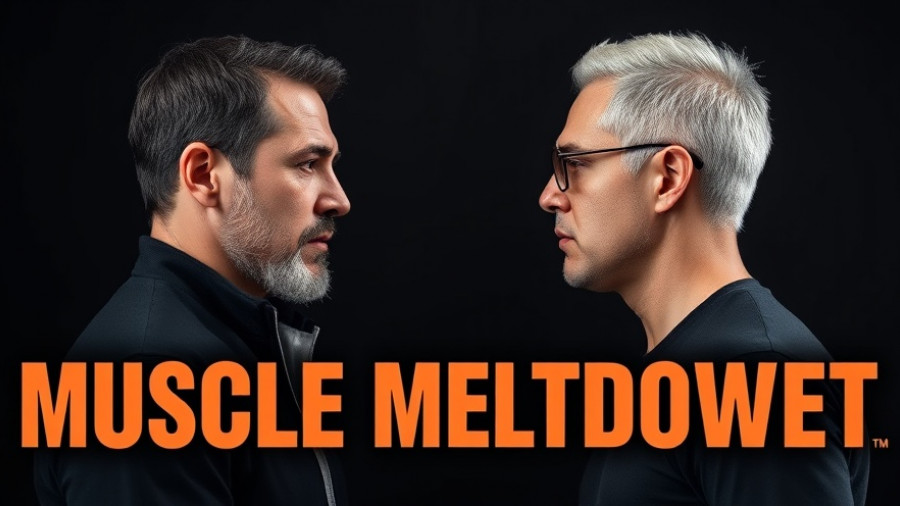
Unveiling the Link Between Movement, Nutrition, and Mental Health
In recent discussions led by Dr. Drew Ramsey, a nutritional psychiatrist, we gain insight into how pivotal our lifestyle choices are in addressing the mental health crisis gripping society today. With anxiety and depression rates soaring, particularly among teens, there’s a pressing need to explore alternatives to traditional treatments. One of the standout revelations is the concept of neuroplasticity—our brain's remarkable ability to change and adapt. Dr. Ramsey advocates for the integration of movement, music, and food as powerful tools in promoting mental wellness.
In 'Beat Depression Naturally: The Hidden Science of BDNF, Sound, and Movement | Dr. Drew Ramsey', the discussion dives into the pressing mental health crisis, exploring key insights that sparked deeper analysis on our end.
Movement as Medicine: Why Dancing May Be Key
Ramsey highlights a groundbreaking perspective: it’s not just the gym workouts that bear fruit for our mental health but also the joy found in spontaneous activities like dancing. According to his commentary, common exercise regimens, while beneficial, pale in comparison to activities that induce happiness and foster connections. So, a night of dancing could yield not only joy but also enhanced brain function, impacting mental health positively.
The Voice of Sound and Music in Neural Health
Music—often overlooked—may be a vital link in enhancing brain function and supporting emotional health. Dr. Ramsey emphasizes that engaging with music, whether through playing an instrument or simply singing along to your favorite tracks, opens pathways in the brain conducive to learning and growth. It harnesses the mind's neuroplastic potential, demonstrating the profound impact of sound on our psychological state.
Food as a Foundation for Mental Clarity
Echoing sentiments widely echoed in the realms of health optimization, the role of nutrition isn’t just about physical fitness but importantly shapes our mental landscapes. Ramsey refers to a literature-backed Mediterranean diet that has shown promise in alleviating clinical depression in young adults. It’s a clarion call for a reevaluation of our everyday diet choices—one that resonates with the principles of biohacking and nutritional supplements aimed at enhancing mental efficacy.
Connecting the Dots: Mindfulness and Community Health
As Dr. Ramsey argues, forging social connections can mirror the health effects of quitting smoking. This powerful comparison underlines the importance of community and shared experiences in mental health. It’s an innovative reminder that tackling loneliness and engaging with others can potentially forge pathways to psychological resilience.
In conclusion, the unfolding dialogue highlighted in Dr. Ramsey's discussion points toward a seismic shift in how we approach mental health—harmonizing movement, music, and nutritional choices to craft a more empowered mindset. As individuals keen on optimizing our lives, it's crucial to acknowledge that building a resilient brain isn’t just possible but may also be universally accessible through deliberate lifestyle modifications. Get started on your journey to mastering your mental health today!



Write A Comment